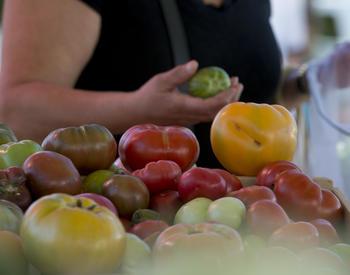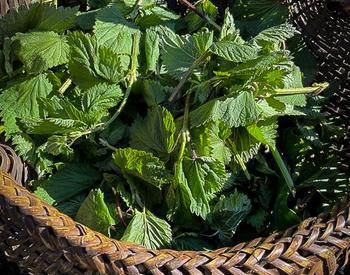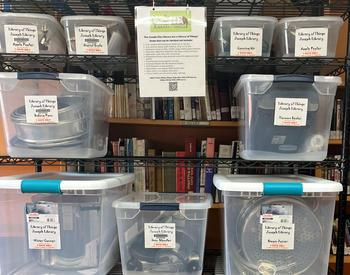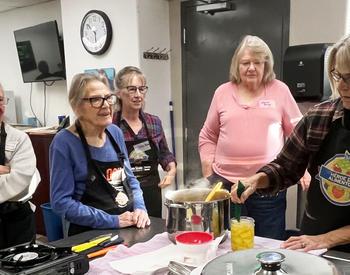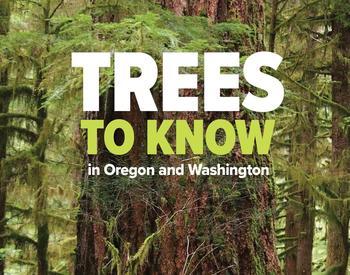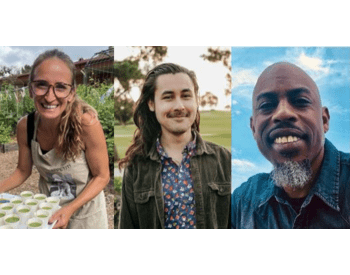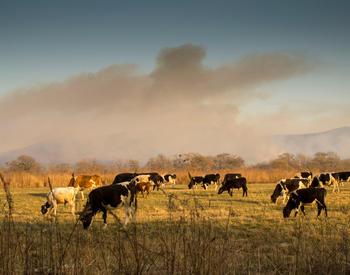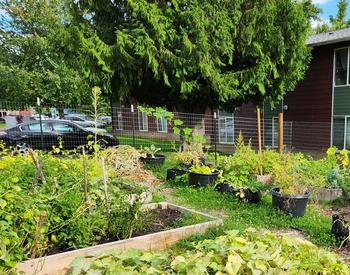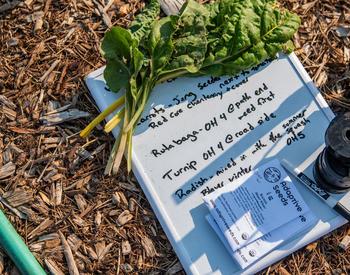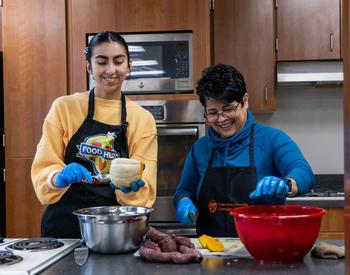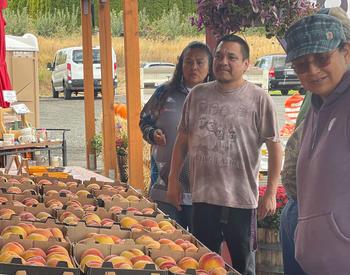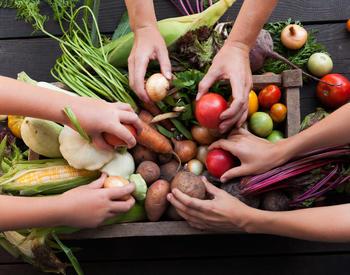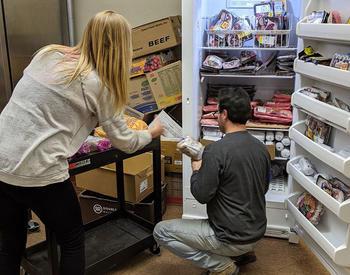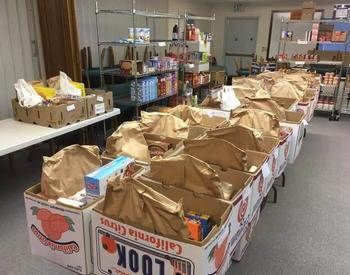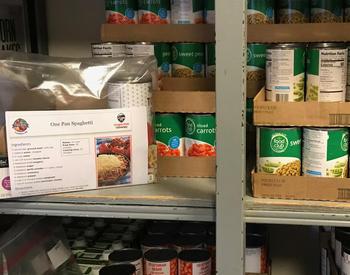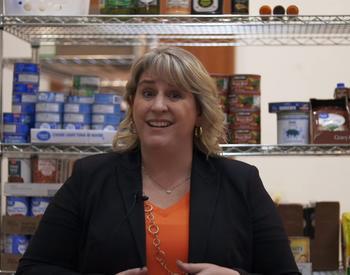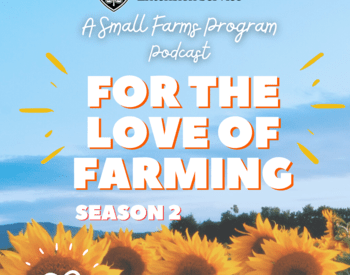EUGENE, Ore. – In a normal year, OSU Extension Service Master Gardeners in Lane County grow and sell 8,000 plant starts at their annual spring sale. During the time of COVID-19, the group needed an alternative so they decided to donate some of them to local nonprofit organizations.
The Oregon State University Extension Service volunteers were concerned the plants would go to waste and knew there are people who can’t afford starts but want to grow their own food.
Most of the 2,200 starts that went to the organizations were vegetables so that gardeners can supplement their food supply with fresh produce.
“At the time we donated the plants there was still a lot of uncertainty and concerns out there surrounding the COVID-19 situation and the impact it would have on food supply chains,” said Erica Chernoh, Master Gardener coordinator and Extension horticulturist in Lane County. “We felt it was important to do what we could to contribute to community food security and decided to give away all of the vegetable starts this year. With these donations we focused on supporting local nonprofits that have been working on food security and mutual aid.”
When distributing the plants, Jet Eccleston, horticulture education program assistant in Lane County, focused on nonprofits that have programs related to gardening, and food supply and food security – those that are dedicated to giving food to people who don’t have access. They settled on Huerto de la Familia, Eugene Area Gleaners, Eugene Burrito Brigade and Sponsors.
“We are thankful to our community partner, OSU Master Gardeners, for the many incredible ways they have supported our work,” said Marissa Elena Zarate, executive director of Huerto de la Familia, a nonprofit providing immigrant families hands-on gardening experience. “Their donation was especially important because of the delay in opening our gardens due to COVID-19. We are so appreciative of their support.”
In past years, thousands of people would show up at the sale the last week of April to buy plants grown from seed by Master Gardeners, many of them unusual or heirloom varieties not often found at nurseries, according to Eccleston, Master Gardener co-coordinator. The effort is headed by volunteer coordinators Shirley Betournay and Laura Hoover, who spend the entire year teaching fellow Master Gardeners the ins and outs of seed starting and saving.
“The Master Gardener volunteers felt really good knowing their plants were going to a good cause,” Eccleston said. “Some were doing it for the first time. It’s important to have that success – seeing their plants and knowing they were going out to the community,”
When the vegetable seedlings were distributed, most nurseries had closed because of the pandemic. Plants were unavailable and people were contacting Extension worried about the food supply in general, Eccleston said.
“People had a lot of uncertainty,” she said. “There are tons of research showing gardening is good for mental health. We want to encourage it and it’s important to be able to give a little bit to the community.”
